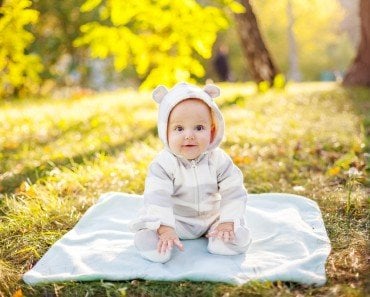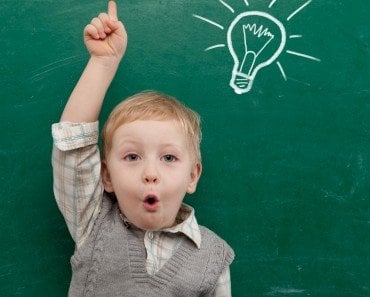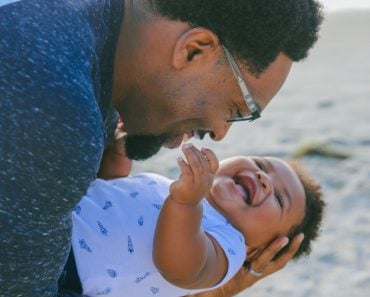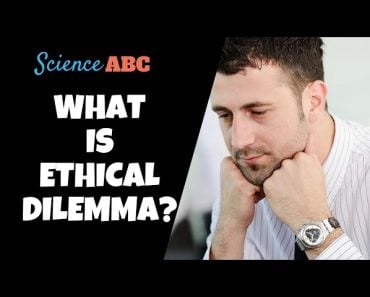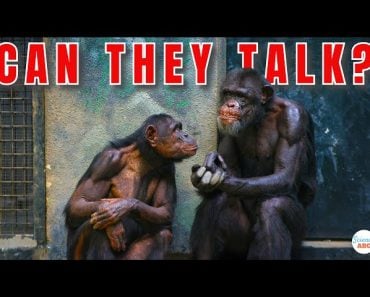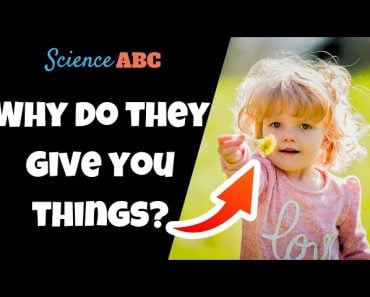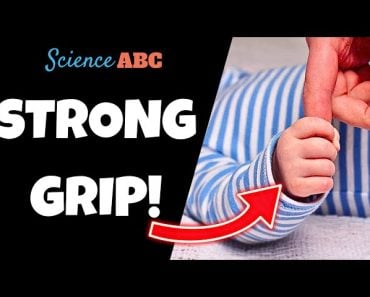Table of Contents (click to expand)
Studies in Developmental Psychology show that babies have a basic sense of morality. Even infants who haven’t started talking are able to distinguish good actions from bad ones, and this judgment affects how they treat others.
“Santa Claus is coming to town…
He’s making a list
He’s checking it twice
He’s gonna find out who’s naughty or nice
Santa Claus is coming to town”
Ending up on Santa’s “naughty list” was something we all dreaded as children – because it meant no Christmas presents! We spent a lot of effort as children to ‘be nice,’ as instructed by adults.

We are fed the idea of good versus bad from a very tender age. Society constantly rewards children for being ‘nice’.
A large chunk of parenting centers on teaching morality (right versus wrong) to a child, but does this mean that all of our morality is completely taught to us? Or are we born ‘nice’
Recommended Video for you:
Empathy And Altruism In Babies
Being social animals, we empathize with our fellow beings and often help them, even when they are strangers or not biologically related to us. Society looks at altruistic behavior positively, and adults are often altruistic. This gives rise to the question of whether we learn to be altruistic as we grow up because it is positively judged by society.
Do babies like to help? Are we inherently empathetic towards others?
Psychologists showed that babies respond by crying when they hear tape recordings of other babies crying out of distress. However, they do not show a similar response when they hear recordings of themselves, older children, or even chimpanzees crying!
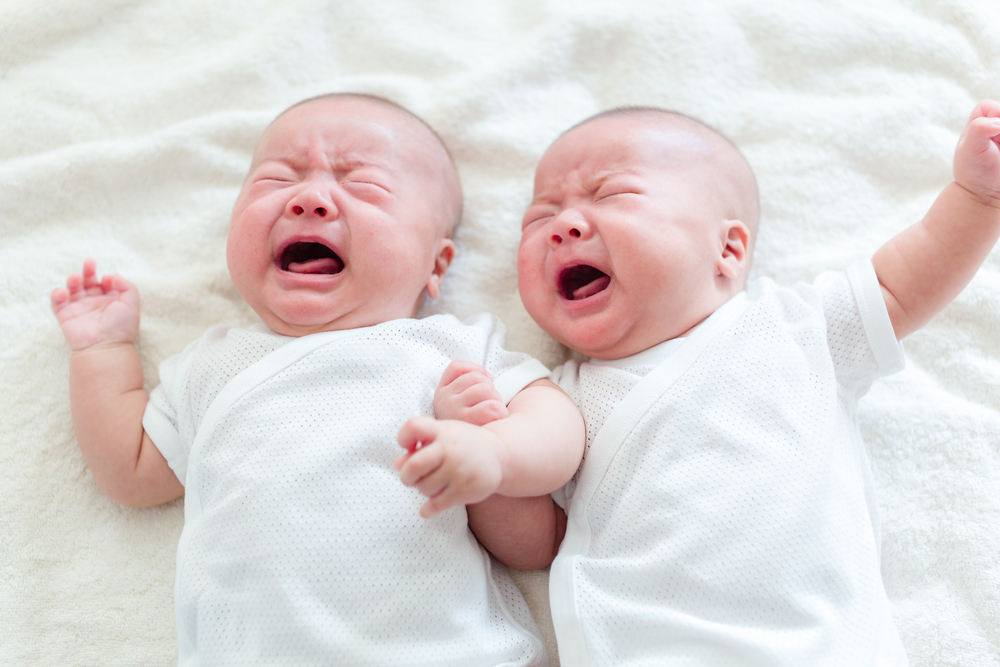
This type of “contagious crying” is an early sign of our empathy for our own species and peers of a similar age. So, we are, without a doubt, inherently empathetic creatures, but are we also innately altruistic?
To answer this, scientists studied infant behavior through an interesting experiment. In this setup, 24-month-old infants watched an adult struggle with various tasks, such as trying to pick up an object on the floor that is out of reach or trying to put books into a closed cabinet.
Scientists observed that infants sought to help the adult facing difficulty in a variety of situations. Surprisingly, they help even before the adult looked at them or verbally asked for help. It is important to note that these babies were not rewarded for helping, nor did they know the adult before the experiment. This means that we are altruistic in nature as infants.
Morality In Babies
The simplest way to define morality is to call it the ability to distinguish between good and bad social actions. Altruistic behaviors are considered good actions.
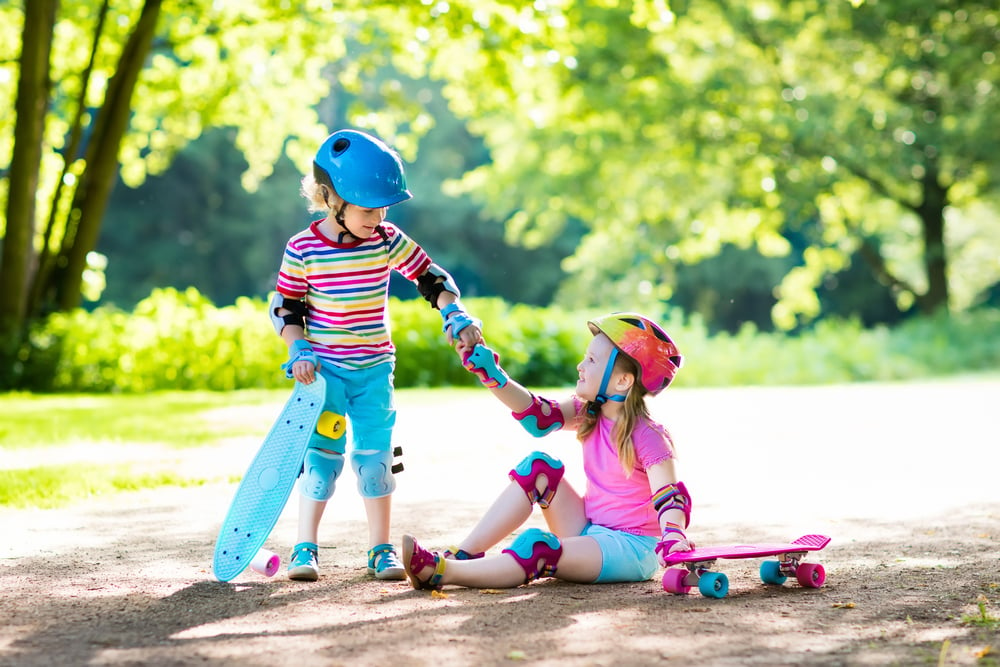
Since scientists discovered that babies are able to be altruistic to others, it made them ask whether babies can judge the actions of a third person as altruistic or not. In simple words, do babies have a sense of morality?
A study that looked at infants at 6 and 10 months of age showed that babies have some sense of morality. In a series of experiments, babies watched characters with googly eyes stuck on them either ‘help’ or ‘hinder’ other characters.
A circle was shown to be trying to climb a hill. A triangle helped/pushed the circle up the hill, whereas a square hindered it by pushing it down. After watching this play, when given a choice, the babies preferred and reached out towards the character that “helped” the circle climb the hill. They consistently preferred a ‘helper’ over both a ‘hinderer’ or a ‘neutral’ character and preferred a ‘neutral’ character over a ‘hinderer’.
This study proved that babies have a rudimentary sense of morality and prefer individuals who demonstrate good social actions. But is this behavior present even at earlier ages? When scientists looked at even younger infants of 3 months of age, they saw that this behavior was still present. We prefer ‘good’ social actions and prosocial actors even just three months after birth!
Further studies also demonstrated that infants prefer to “punish” bad actors and “reward” good actors, showing that their sense of morality and judgment influences how they treat others in social settings.
However, this does not mean that babies possess morality of the same level as adults. For example, one cannot expect a baby to solve the infamous “trolley problem” – where one has to choose between killing five people or one by pulling a lever of a running trolley! This level of ethical and moral judgment is not present in infants.
The scientific evidence presented here only means that the basic foundation for a well-developed sense of morality already exists in infancy.
Conclusion
We often believe that morality is taught through parenting and supervision, but studies in Developmental Psychology show that babies do have a basic sense of morality. Even infants who haven’t started talking are able to distinguish good actions from bad ones, and this judgment affects how they treat others. Put it this way, we definitely start out on Santa’s ‘nice’ list!
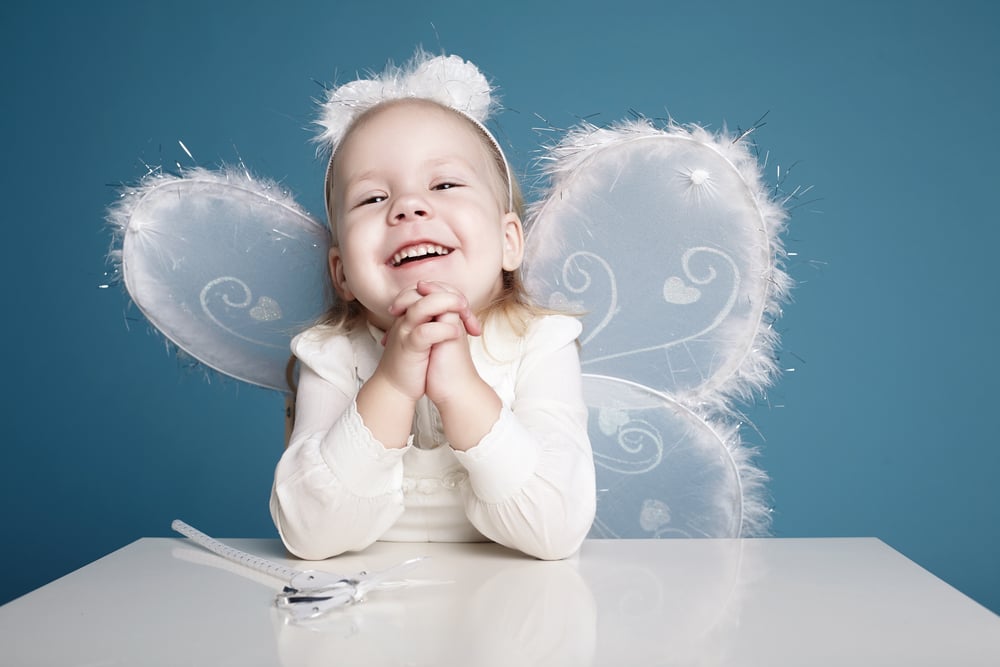
But why is this ability essential to us?
A sense of morality is imperative for survival as a social being. The ability to distinguish “good” people from “bad” is crucial, as it helps us identify co-operating individuals from those who ‘take a free ride’ when participating in group behaviors, such as food sharing and group hunting. This might have contributed towards the evolution of a sense of morality in humans, since we are social creatures.
Based on scientific evidence, we can say that a more nuanced and well-developed sense of morality exists in adults, but we do understand morality at a very young age, indicating that at some level, it is innate to us. We are not inherently savages… on a fundamental level, human beings are ‘nice’!
References (click to expand)
- (1982) Distress crying in neonates: Species and peer specificity.. The American Psychological Association
- Warneken, F., & Tomasello, M. (2006, March 3). Altruistic Helping in Human Infants and Young Chimpanzees. Science. American Association for the Advancement of Science (AAAS).
- Hamlin, J. K., Wynn, K., & Bloom, P. (2007, November). Social evaluation by preverbal infants. Nature. Springer Science and Business Media LLC.
- Kiley Hamlin, J., Wynn, K., & Bloom, P. (2010, March 10). Three-month-olds show a negativity bias in their social evaluations. Developmental Science. Wiley.
- (2014) The moral baby. - APA PsycNet. The American Psychological Association


